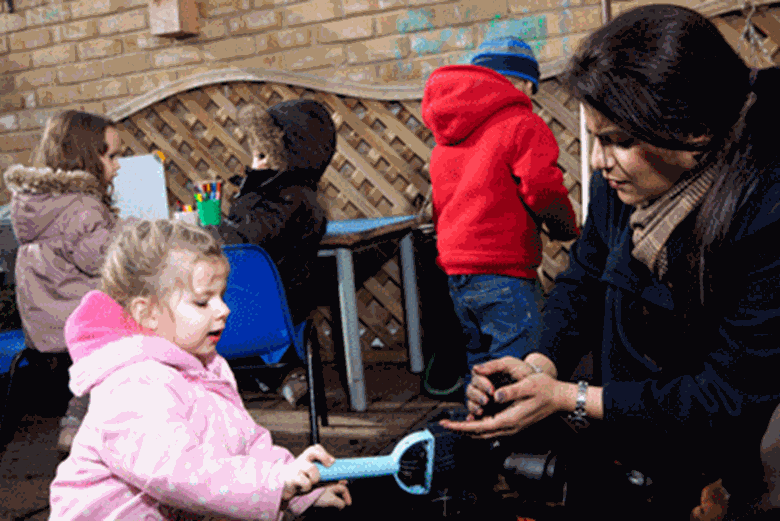Revised Early Years Foundation Stage: new framework is out
Karen Faux
Tuesday, March 27, 2012
The hotly anticipated revised Early Years Foundation Stage has been published by the Department for Education.

The new framework, which takes effect from 1 September 2012, reduces the number of early learning goals from 69 to 17, sharpens the focus on the main areas of learning and simplifies assessment when a child reaches five. It also places a responsibility on practitioners to provide a summary assessment of children as part of the two year-old check.
The overarching principles are defined as unique child, positive relationships, enabling environments and recognition that children develop and learn in different ways and at different rates. While the first draft used the term ‘positive environments’, practitioners will welcome the return to the familiar enabling environments.
As proposed, there will be seven areas of learning: Three prime areas – communication and language; physical development and personal social and emotional development; and four specific areas – literacy; mathematics, understanding the world and expressive arts and design.
On the basis of the DfE’s additional consultation, there have been no changes to the early learning goals. This is despite the fact that 38 per cent of respondents were unhappy with the wording or level of the goal about numbers and 32 per cent about that for writing.
The key characteristics of effective teaching and learning are included in the revised framework.
Assessment
Assessment under the EYFS is divided into ongoing assessment; the Progress check at age two; and the EYFS Profile at the end of the EYFS.
The Progress check at age two will include a short written summary of the child’s development in the Prime areas, but beyond that, it is up to the practitioner to decide what should be included.
The new framework places a duty on practitioners to discuss with parents or carers how the summary of development at two years old can be used to support learning at home. They will need to agree the most appropriate point at which to provide this summary, to inform the Healthy Child Programme health and development review at two years.
Dame Clare Tickell said, ‘I am very happy to endorse the new EYFS. It closely follows my recommendations, building on the strengths of the current framework and making key improvements in response to the concerns of many people working in the sector’.
Children’s minister Sarah Teather re-iterated the importance of the EYFS in ensuring school readiness. ‘What really matters is making sure a child is able to start school ready to learn, able to make friends and play, ready to ask for what they need and say what they think. These are critical foundations for really getting the best out of school.’
She added, ‘It’s vital we have the right framework to support high quality early years education. Our changes, including the progress check at two, will support early years professionals and families to give children the best possible start in life.’
- Download the revised framework here
- Sarah Teather's ministerial statement
- The Nursery World EYFS Conference - all you need to know to implement the new framework




